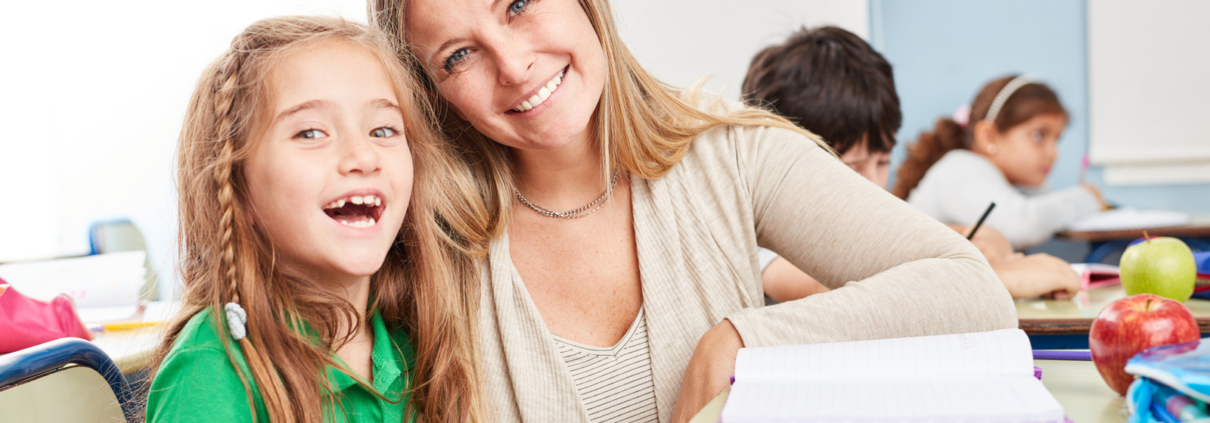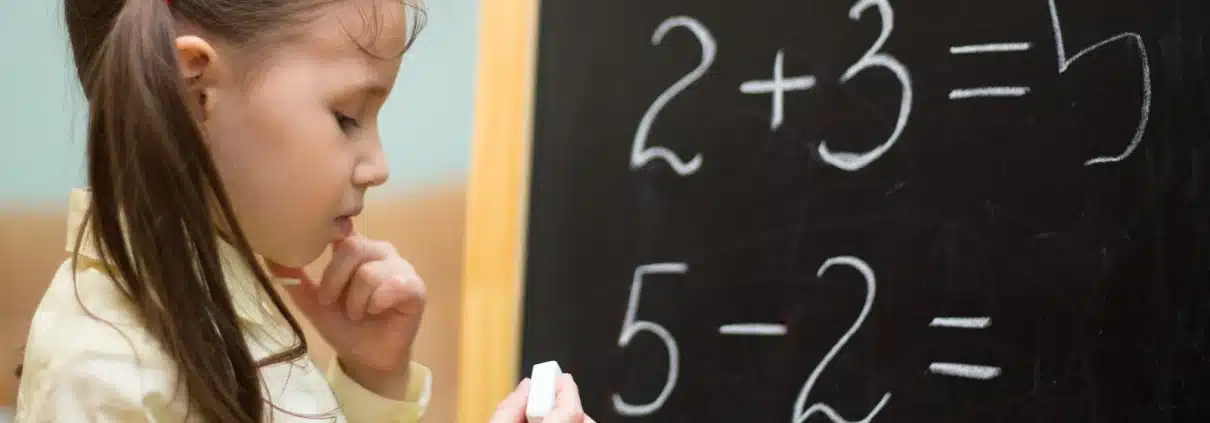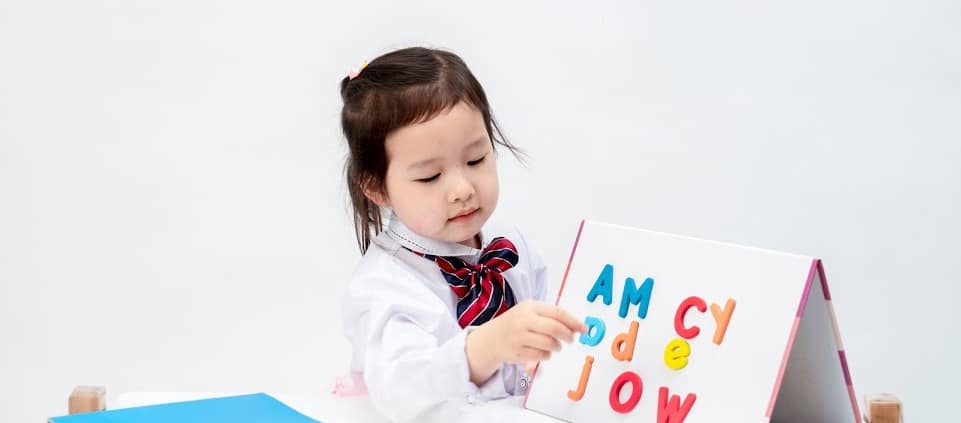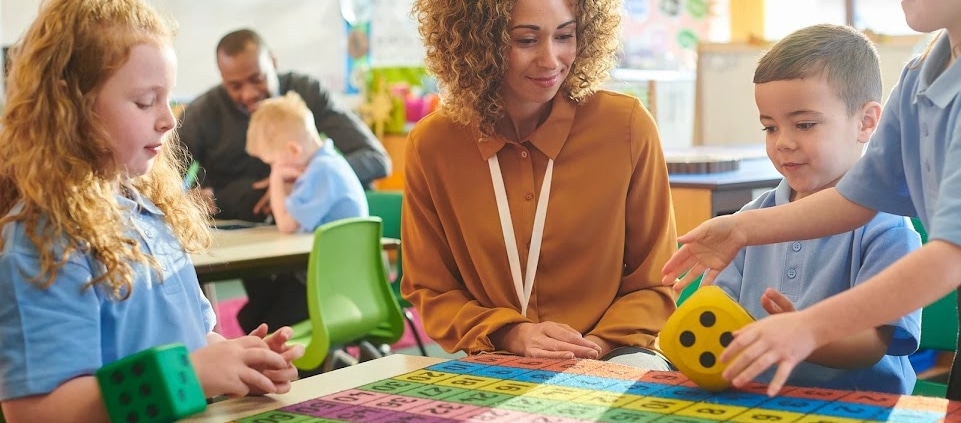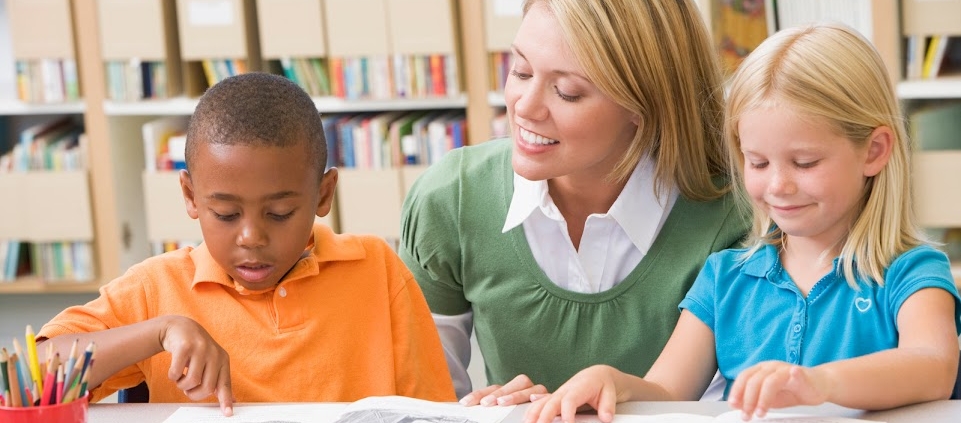1. Create a Winter Reading Challenge
- Set Reading Writing Goals: Create a reading and writing in Vancouver list based on the student’s grade level and interests. Challenge them to read a certain number of books by the end of the break.
- Explore New Genres: Encourage reading different genres like fantasy, biographies, or historical fiction.
- Join a Book Club: Many libraries offer virtual book clubs where students can discuss their favorite reads.
- Family Reading Time: Set aside time for family reading sessions to promote a love of books.
2. Start a Learning Journal
- Daily Reflections: Have students write about their day, reflecting on what they learned or experienced.
- Creative Writing Prompts: Use story prompts, such as “Write a story about a magical winter adventure,” to spark creativity.
- Gratitude Journal: Encourage students to write what they are thankful for during the holiday season.
- Research Projects: Older students can research topics of interest and create mini-projects or essays.
3. Explore Educational Apps and Games
- Math and Science Apps: Use interactive apps like Prodigy Math, BrainPOP, and Scratch for coding.
- Reading and Language Tools: Platforms like Duolingo, Epic! Books and Audible promote language learning and literacy.
- STEM Learning Games: Try Minecraft Education Edition or Tynker to learn coding and problem-solving skills.
4. Try Winter Science Experiments
- Snow and Ice Experiments: Make ice lanterns, grow snow crystals, or create frozen bubbles to explore scientific concepts like freezing and melting points.
- Kitchen Science: Bake cookies while learning about chemical reactions between ingredients.
- Simple DIY Projects: Build a mini volcano or create a balloon rocket to explore physics and chemistry.
5. Visit Virtual Museums and Exhibits
- Explore History and Art: Take virtual tours of the Louvre, Smithsonian, or British Museum for interactive exhibits.
- Science and Space Exploration: NASA offers virtual space tours and educational videos for aspiring astronauts.
- Cultural Learning: Learn about different cultures by exploring international museum websites or heritage sites.
6. Practice Real-World Math Skills
- Cooking and Baking: Measure ingredients, calculate cooking times, and adjust recipes to practice fractions and ratios.
- Budgeting and Shopping: Have students create a budget for holiday shopping or manage pretend money in a home store game.
- DIY Projects: Build something from scratch, measure dimensions, and calculate the materials needed.
7. Learn a New Skill or Hobby
- Music and Arts: Try learning a musical instrument or joining an online art class.
- Coding and Tech Skills: Platforms like Code.org and Tynker offer free coding courses for beginners.
- Crafting and DIY Projects: Make handmade gifts, design jewelry, or try scrapbooking.
- Language Learning: Use apps like Duolingo or Rosetta Stone to learn a new language through fun activities.
8. Volunteer or Participate in Community Service
- Charity Drives: Organize a donation drive for clothes, food, or toys for local charities.
- Neighborhood Help: Offer to shovel snow, rake leaves, or help elderly neighbors with chores.
- Holiday Cards: Create handmade cards for hospitals, nursing homes, or community centers.
- Online Fundraisers: Participate in virtual charity events or environmental conservation projects.
9. Create DIY Art and Craft Projects
- Holiday Crafts: Make DIY decorations, ornaments, or greeting cards for loved ones.
- Seasonal Art Projects: Design winter-themed paintings or create snowman sculptures.
- Vision Boards: Help students create a personal vision board with future goals and aspirations.
- Home Science Projects: Create models of planets, ecosystems, or historical landmarks.
10. Take Outdoor Learning Adventures
- Nature Walks: Go on winter hikes and observe natural changes, like animal tracks in the snow or frost on trees.
- Birdwatching: Identify winter birds and create a nature journal documenting what students see.
- Science in Nature: Study weather patterns, explore snow science, or learn how animals adapt to winter conditions.
- Outdoor Sports and Play: To develop teamwork and coordination skills, and engage in physical activities like skiing, ice skating, or even building snow forts.

